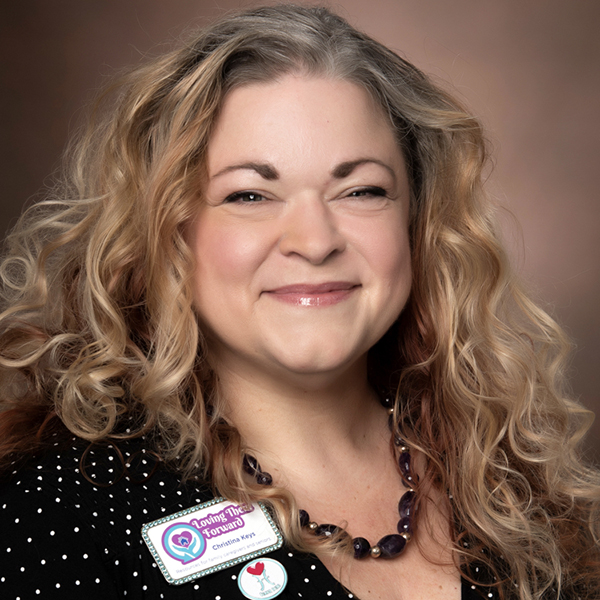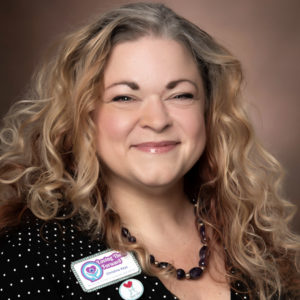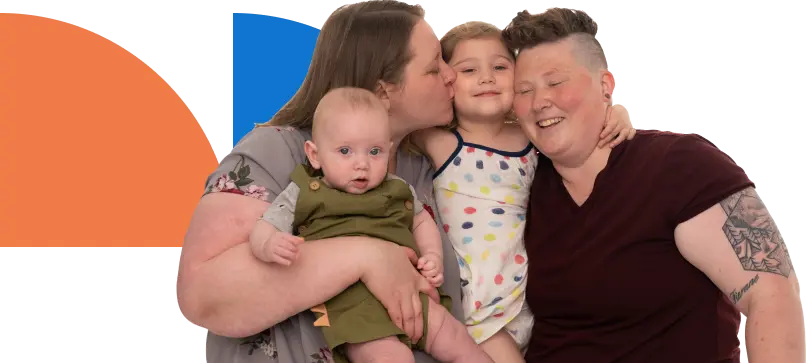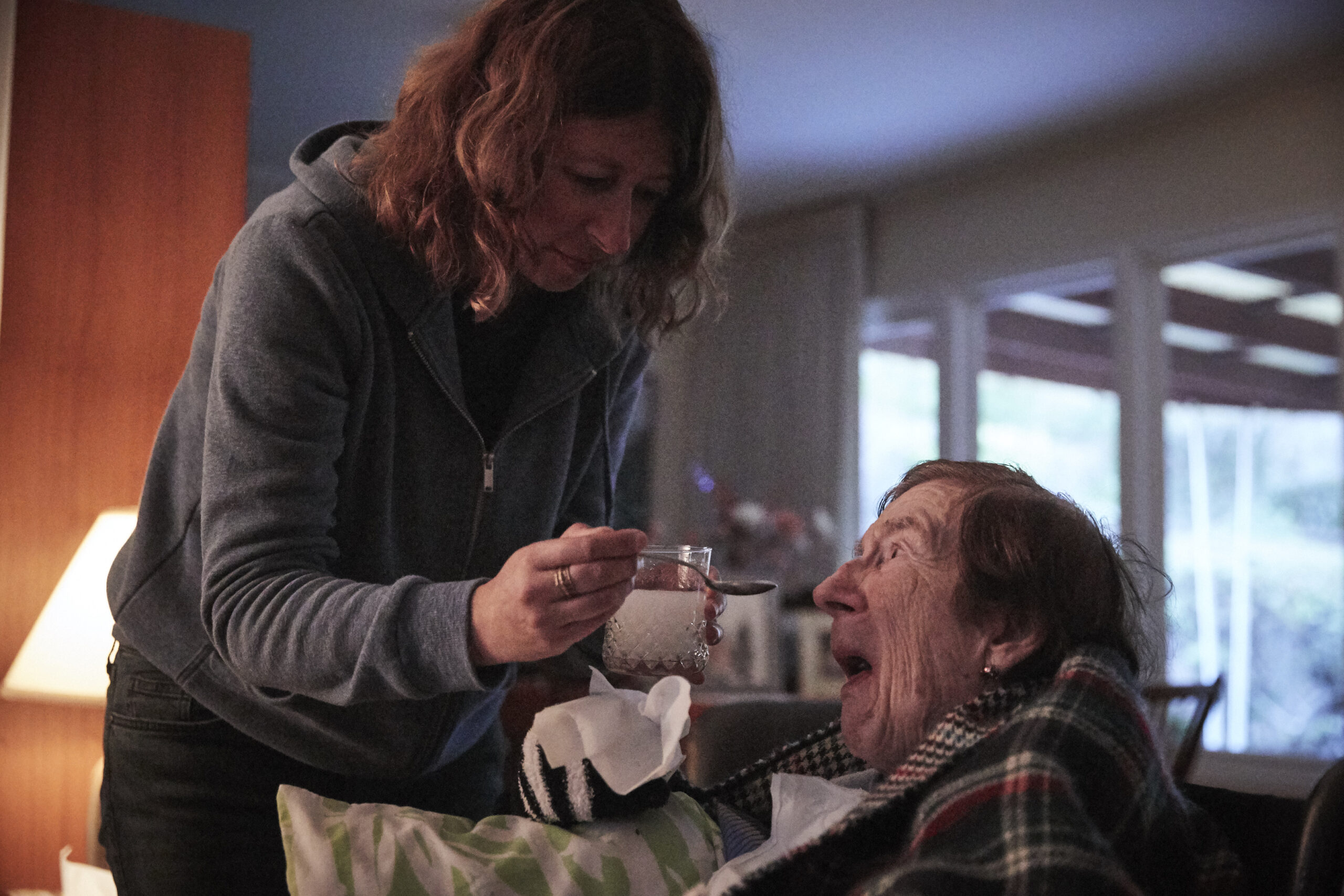
The Build Back Better plan, including historic investments in Home and Community-Based Services (HCBS), passed the House last month. Now the ball is in the Senate’s court to turn this legislation, which would mean so much to America’s caregiving families, into tangible supports for all of us. In our next installment of our In Their Own Words Series, Care Fellow Christina Keys tells us what access to HCBS would mean to her, her mother, and the care workers who help care for her.
At first, my story might sound familiar to you. My mom worked in aerospace engineering. I worked my way up in the tech industry with a good salary and was saving for retirement. My parents taught me to chase the American dream.
But here’s where it might stop being familiar. In 2013, my mom had a stroke. She needed to stay in the ICU for a month and rehab for six months. Before she got sick, my mother’s 401K had over $200,000 in it, and I had about $61,000 saved in retirement. Within a year we burned through more than half of our combined life savings. There were just so many costs of care that Medicare and supplemental insurance wouldn’t cover, and we had to pick up the slack with our own savings.
Now, I’m a full-time caregiver with multiple part-time jobs to try and make ends meet. I went from having one full time job, making over $80,000 a year, to having five part time jobs and making less than $20,000 per year. We’ve had to rely on garage sales and GoFundMe’s to get by – we went from upper middle class to poverty level in just a short amount of time. We now need services from charities that we used to donate to.
I’ve had trouble getting another full time job, especially when I’m direct with potential employers about being a caregiver. Nobody wants to hire a caregiver who needs generous paid time off. And when employers see gaps in my employment history, due to caregiving, it’s seen as a big mark against me. And even though caregiving, especially for people who face significant long-term health complications, is extremely skilled work, those skills don’t appeal to the mainstream. Even paid care work, which I now have the skills to do, doesn’t pay enough for me to get by and care for my mom.
It’s been nearly impossible to keep it all together, and it’s taken quite a toll. A few years ago, I got really sick – I gained weight, had all of these health problems, and at one point, my doctors told me I might only have six months to live myself. I almost died, and yet I had no healthcare coverage to rely on after leaving my job to care for my mother.
I’ve ended up turning to the senior retirement industry for work. I started my own organization, Loving Them Forward, in Clark County, Washington to help local caregivers get the information and support they need. Still, providing information and support doesn’t feel like enough when there just aren’t enough options for those who want to keep their loved ones safe at home without leaving the workforce.
No one tells you when you start out caregiving how little insurance actually covers or the fact that traditional medical coverage through Medicare or the private markets do not provide long-term supports and services (LTSS) coverage. People don’t plan for this because they don’t even know what to ask for. But we need to know. If you’re not a caregiver today, you will be someday.
That’s why I became a Caring Across Generations Care Fellow – because caregivers deserve so much better. What caregivers need is real, tangible support in the form of access to Home and Community-Based Services (HCBS), like skilled and well-paid homecare workers who could help me take care of my mom and stay in the workforce. These workers are life savers, not just to those they provide direct services to, but for the family caregivers they support by providing services that allow us to continue to participate in the workforce with the confidence that our loved ones are well looked after right where they belong – at home.
HCBS would have helped me avoid a near death experience brought on by the weight of caregiving without financial or emotional support. HCBS would improve the mental wellbeing of patients and caregivers, who wouldn’t have to worry that their independence and agency – to be able to live and age in their homes, or to be able to hold down a job they love – could be taken from them at the drop of a hat. And HCBS would stimulate the economy by boosting the care workforce, and making care jobs good jobs with a living wage!
During my caregiving journey, I have learned that there is no better quality of life than love. Caregivers are really going through it, but we do it because of how much we care for our loved ones. The love that caregivers give shouldn’t be a sacrifice – it should be a blessing. No one should have to give up their job, their income, or health to care for others, and that’s why I work with Caring Across — to change the way care is viewed and supported in America.




